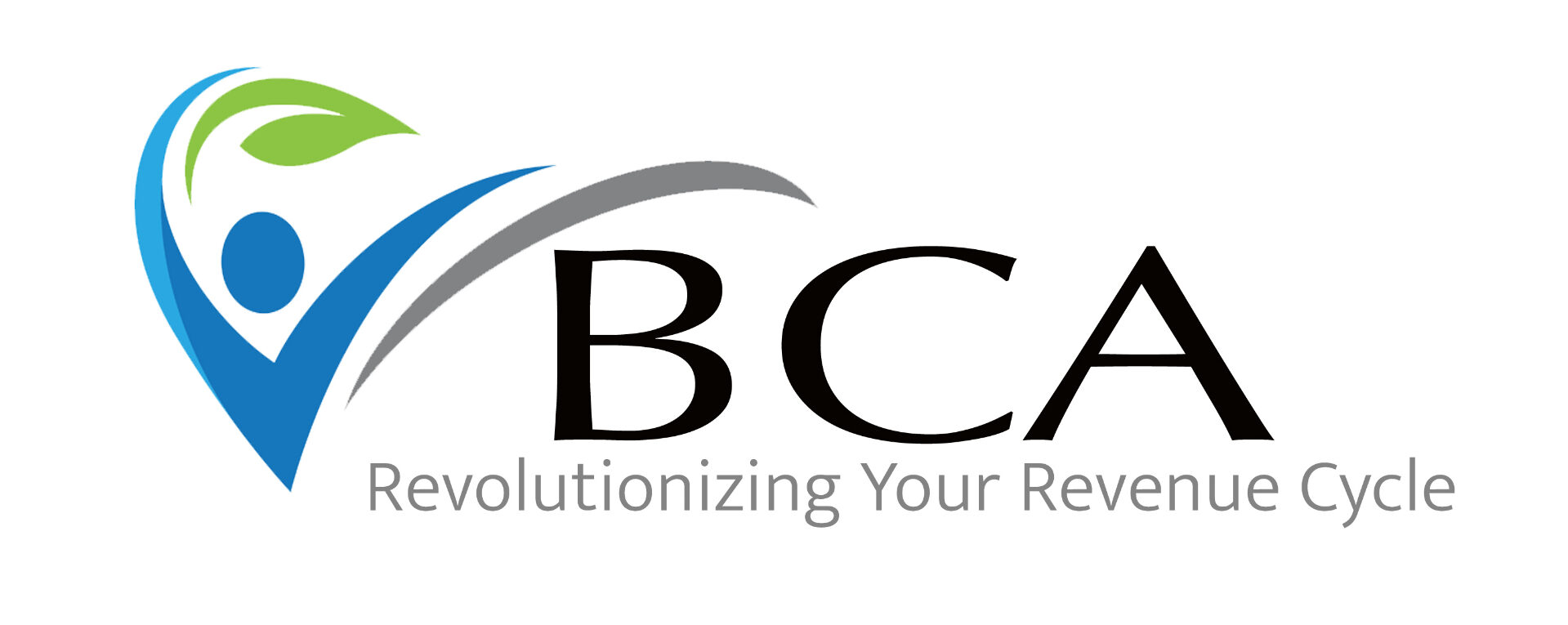As we approach 2026, understanding the 2024 CMS-HCC Model (Version 28) is crucial for accurate coding and reimbursement. This model, finalized by CMS, introduces significant updates that impact how risk scores are calculated for Medicare Advantage (MA) plans.
Key Changes in 2026
- Full Implementation of the 2024 CMS-HCC Model
- CMS is completing the three-year phase-in of the updated MA Risk Adjustment model, referred to as the 2024 CMS-HCC model, by calculating 100% of the risk scores using this updated model for CY 2026.
- Updated Diagnosis Codes and Categories
- The 2024 model includes restructured condition categories based on the ICD-10 classification system, reflecting more current clinical practices.
- Normalization Factors
- CMS has calculated normalization factors for the 2024 CMS-HCC model using a five-year multiple linear regression methodology and average historical fee-for-service (FFS) risk scores from 2020 through 2024.
Implications for Clinicians and Coders
- Accurate Documentation
- Ensure that all diagnoses are well-documented and supported by the medical record to reflect the patient’s true health status.
- Comprehensive Coding
- Use the most specific ICD-10 codes available to capture the full scope of the patient’s conditions.
- Regular Audits
- Conduct internal audits to ensure coding practices align with the updated CMS-HCC model and to identify any potential discrepancies.
Looking Ahead
Next week, we’ll continue the HCC conversation with real-world case studies, showing how accurate documentation and coding decisions affect reimbursement and compliance.
By staying proactive with HCC updates, your practice can maximize risk-adjusted revenue, support high-quality patient care, and reduce audit exposure in 2026.
Sign up for our mailing list and follow along for more insights. http://eepurl.com/ihek1L

